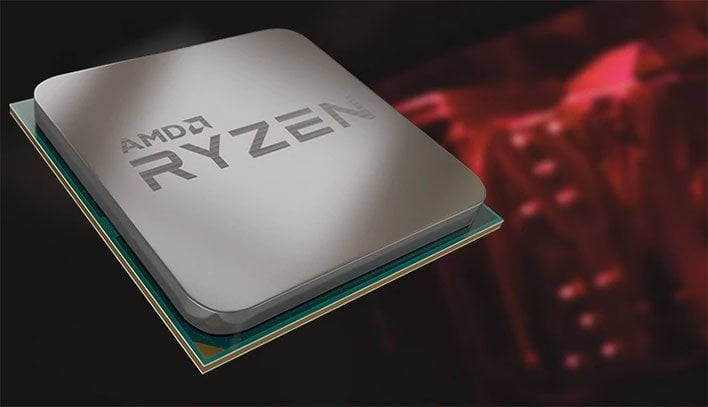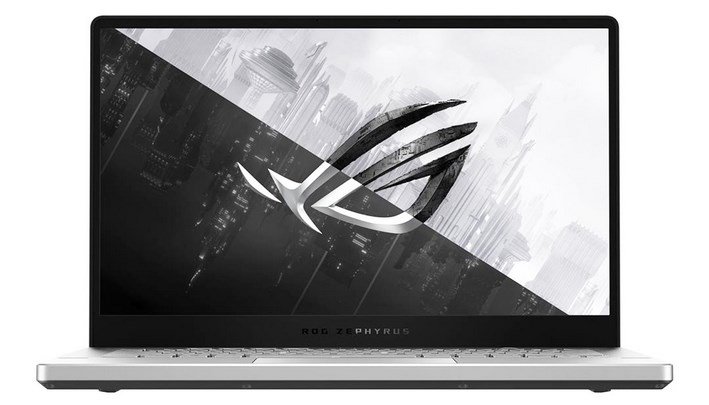AMD Ryzen 5000 Zen 3 Cezanne Mobile CPUs Rumored With RDNA 2 GPU Cores

AMD may have pushed Ryzen 4000 APUs out the door, but it's already far along with its next-generation Ryzen 5000 APUs that will be based on Zen 3 "Cezanne" microarchitecture. Although somewhat confusing, the first consumer-centric Zen 3 processors are coming later this year under Ryzen 4000 branding (desktop), with Ryzen 5000 mobile Zen 3 processors likely coming next year.
Getting down to specifics, Ryzen 5000 APUs will reportedly be pin-compatible (FP6) with existing Ryzen 4000 APUs, and will offer a significant uplift in processing performance. AMD has been firmly committed to providing low-double-digit improvements in instructions per clock (IPC) with its Ryzen processors, and Zen 3-based parts are no exception.

On the GPU side, AMD will allegedly be ditching its Vega architecture in favor of RDNA 2-based Navi. If you recall, the only RDNA 2 graphics that have been announced so far are the parts found inside the upcoming Xbox Series X and the PlayStation 5 game consoles.
For those that need even more graphics performance, so-called Cezanne-H processors -- which would likely be going up against Intel's incoming Tiger Lake-H processors -- would be optionally paired with RDNA 2 Navi 23 discrete mobile GPUs. All RDNA 2 parts are based on the 7nm process node and bring support for hardware ray-tracing (as we first saw in NVIDIA’s Turing-based GeForce RTX family).
At this point, however, Ryzen 5000 APUs are still quite a way off in the distance; perhaps roughly a year away from release. However, the first Zen 3 predecessors that we’ll see will likely be EPYC 7003, followed by Ryzen 4000 desktop processors in October.

